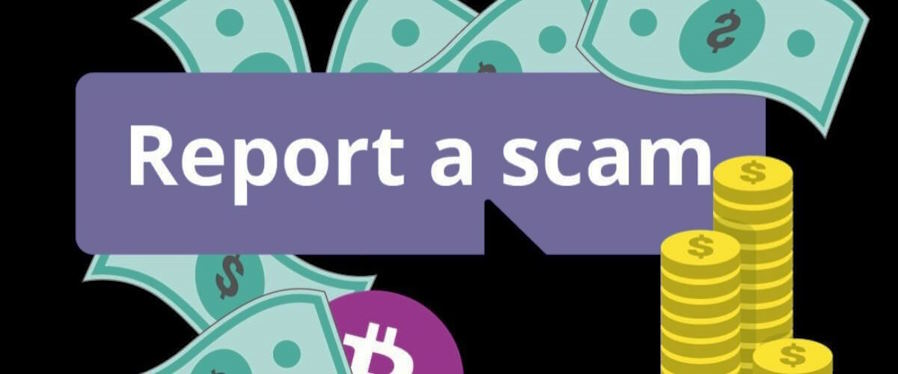In the age of digital transactions and online communication, scams have become increasingly sophisticated, leading many individuals to fall victim to fraudulent activities. If you’ve transferred money to scammers, acting swiftly and taking appropriate steps to minimize the damage and increase the chances of recovering your funds is crucial. This article outlines essential measures to follow in this unfortunate situation.
Stay Calm
Discovering that you’ve been scammed can be distressing, but staying calm and composed is important. Panic may hinder your ability to think rationally and take the necessary steps to address the issue promptly.
Contact Your Bank or Financial Institution
Contact your bank or financial institution immediately when you realize you’ve been scammed. Provide them with all relevant details about the unauthorized transaction, such as the date, time, and amount transferred. Many banks have fraud departments specifically trained to handle such cases, and their prompt action can help freeze the transaction or recover the funds.
Report the Scam
Inform local law enforcement and relevant regulatory bodies about the scam. While they may not retrieve your money directly, reporting the incident helps authorities track and combat fraudulent activities, protecting others from falling victim to the same scam.

File a Complaint with the Appropriate Agencies
Depending on your location, specific agencies may be dedicated to handling cybercrime and fraud. For example, you can file a complaint with the Federal Trade Commission (FTC) in the United States through their website (www.ftc.gov). Action Fraud is the national reporting center for fraud and cybercrime in the United Kingdom.
Monitor Your Accounts
Regularly monitor all your financial accounts for any suspicious activities. Set up alerts for large transactions or changes to your account information. Vigilance is key to identifying potential issues early on and preventing further unauthorized transactions.
Change Your Passwords
Immediately change the passwords for all your online accounts, especially those associated with your financial transactions. This helps prevent scammers from accessing more of your personal information and conducting additional fraudulent activities.
Be Wary of Follow-Up Scams
Scammers often attempt to capitalize on the initial success of a fraudulent transaction by targeting victims with follow-up scams. Be cautious of unsolicited communication claiming to help you recover your lost funds, as these may be secondary scams to extract more money from you.




